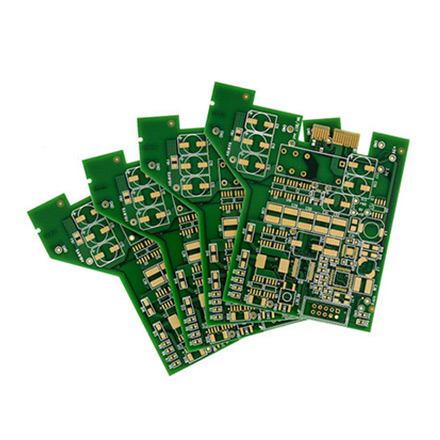

The Importance of Reflective Glass Suppliers in Modern Architecture
Reflective glass has become a staple in modern architecture, known for its aesthetic appeal and energy efficiency. As urban landscapes evolve, the role of reflective glass suppliers has become increasingly significant in shaping the environments we inhabit. This article delves into the importance of these suppliers and how they contribute to sustainable building practices and innovative design.
The Rise of Reflective Glass
Reflective glass, often coated with a thin layer of metal or other reflective materials, serves dual purposes it allows natural light to penetrate while minimizing heat gain and glare. This dual function has made it a popular choice for high-rise buildings, commercial spaces, and luxury homes. The contemporary focus on sustainability has also propelled the demand for reflective glass, as it can significantly reduce energy consumption by lowering the need for artificial heating and cooling.
The Role of Reflective Glass Suppliers
Reflective glass suppliers are critical in providing high-quality materials that meet the specific needs of architects, builders, and developers. These suppliers offer various types of reflective glass, including tinted, low-E (low emissivity), and solar control glass, each designed to enhance building performance while maintaining visual appeal.
1. Quality Assurance Suppliers play a pivotal role in ensuring that the glass meets industry standards for safety, durability, and thermal performance. This includes rigorous testing for impact resistance, UV protection, and insulation qualities. By providing high-quality materials, reflective glass suppliers contribute to the longevity and safety of structures.
2. Custom Solutions The architectural landscape is diverse, and one size does not fit all. Reflective glass suppliers often work closely with architects to develop customized solutions that cater to specific project needs. Whether it's unique shapes, sizes, or specific reflective properties, these suppliers provide the flexibility necessary for innovative design.
3. Technical Support Reflective glass installations can be complex, and suppliers often provide technical support to builders and contractors. This includes guidance on proper installation techniques, maintenance tips, and compatibility with other building materials. By offering expert advice, suppliers help ensure that the reflective glass performs optimally throughout its lifespan.

Sustainability and Energy Efficiency
The global push towards sustainability in construction has highlighted the importance of energy-efficient materials, including reflective glass. Suppliers that specialize in environmentally friendly products are helping to drive this trend forward. Many reflective glasses are designed to reduce heat absorption, leading to lower energy costs for heating and cooling systems.
Moreover, suppliers that adopt sustainable manufacturing practices contribute to reducing the carbon footprint of the construction industry. By prioritizing recycled materials, minimizing waste, and utilizing energy-efficient production processes, reflective glass suppliers can help promote a more sustainable future.
Innovations in Reflective Glass Technology
The reflective glass industry continually evolves, with suppliers at the forefront of technological advancements. Innovations such as smart glass, which can adjust its properties based on environmental conditions, represent the next wave of transformative architectural materials. These developments not only enhance energy efficiency but also create dynamic, interactive building facades that respond to their surroundings.
Conclusion
Reflective glass suppliers are crucial players in the modern architectural landscape, providing essential materials that marry form and function. Their role extends beyond mere provision of glass; they are partners in creating sustainable, innovative, and aesthetically pleasing buildings. As the industry continues to evolve, the collaboration between architects and reflective glass suppliers will be fundamental in shaping a greener and more beautiful world.
In summary, investing in high-quality reflective glass through reliable suppliers is not just a choice but a commitment to sustainability and excellence in architecture. The future of our built environment depends on such partnerships, ensuring that we construct spaces that are both functional and visually striking while being mindful of our planet.